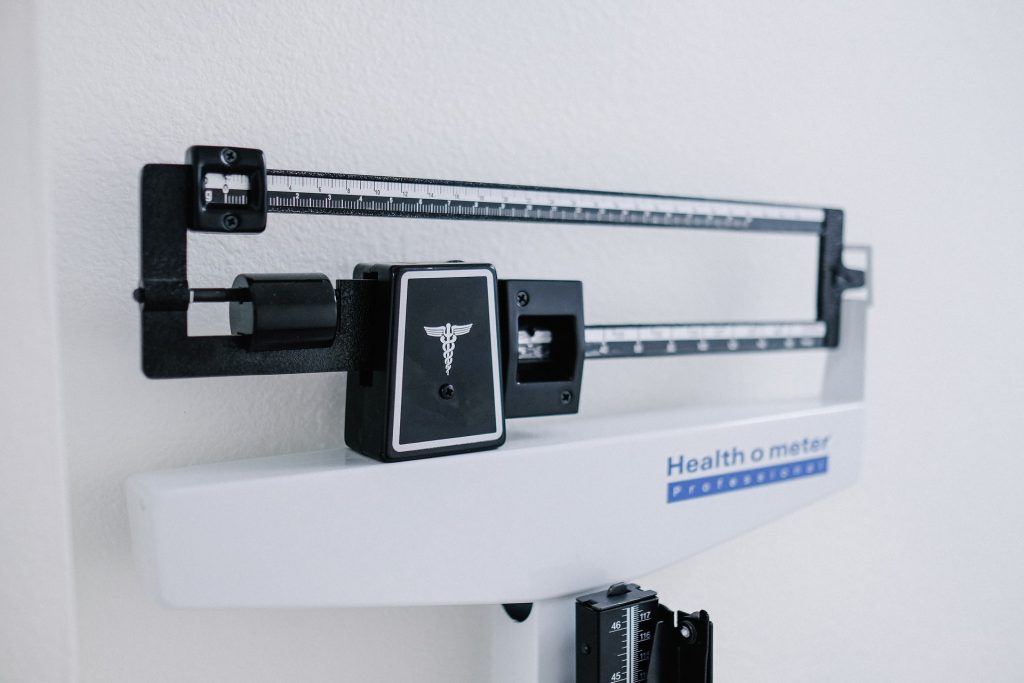
Weight loss is given insufficient priority in the management of heart patients despite the benefits, according to a new study of over 10 000 European patients.
In overweight and obese patients with coronary heart disease, weight loss is strongly recommended to reduce the risk of another heart event by improving blood pressure and lipids levels and reducing diabetes risk. This study investigated the management of patients who were overweight or obese at the time of hospitalisation for a first or recurrent heart event such as heart attack. The researchers examined lifestyle advice received, actions taken, and the relationship between weight changes and health status.
The researchers pooled data from the EUROASPIRE IV (2012 to 2013) and EUROASPIRE V (2016 to 2017) studies, which included 10 507 patients with coronary heart disease. Patients were visited 6 to 24 months after hospitalisation for their heart event (the average gap was 16 months). The visit consisted of an interview, questionnaires and a clinical examination including weight, height and blood tests.
The study found that less than 20% had a healthy body mass index (BMI) at the time of hospitalisation for a heart event. Some 16 months later, 86% of patients who were obese during hospitalisation were still obese while 14% of overweight patients had become obese. Young women were particularly affected, with nearly half of those under 55 years being obese. Yet more than a third of obese patients reported they had not received advice on physical activity or nutrition and nearly one in five said they had not been informed that they were overweight. Half of all patients reported not receiving such advice.
Weight management proved effective, with overweight or obese patients who lost 5% or more of their body weight having significantly lower levels of hypertension, dyslipidaemia, and previously unrecognised diabetes compared to those who gained 5% or more of their body weight. However, quitting smoking was observed to result in a 1.8kg average weight gain compared to an 0.4kg average weight gain in persistent smokers.
Study author Professor Catriona Jennings of the National University of Ireland – Galway said cardiac rehabilitation programmes, which typically emphasise exercise, should give equal priority to dietary management. She said: “Weight loss is best achieved by adopting healthy eating patterns and increasing levels of physical activity and exercise. Whilst actively trying to lose weight at the same time as trying to quit smoking is not advised, adopting a cardio-protective diet and becoming more physically active has the potential to mitigate the effects of smoking cessation on weight gain in patients trying to quit. Their aim is to maintain their weight and to avoid gaining even more weight following their quit.”
“Uptake and access to cardiac rehabilitation programmes is poor with less than half of patients across Europe reporting that they completed a programme,” added Professor Jennings. “Such programmes would provide a good opportunity to support patients in addressing overweight and obesity, especially for female patients who were found to have the biggest problem with overweight and obesity in the study. Uptake and access could be improved with the use of digital technology, especially for women, who possibly are less likely to attend a programme because they have many other competing priorities, such as caring for others. There are good reasons for people to address their weight after a cardiac event – but it’s not easy and they do need help.”
The study was published in European Heart Journal – Quality of Care and Clinical Outcomes, a journal of the European Society of Cardiology (ESC).
Source: European Society of Cardiology (ESC)
Journal information: Harrison, S.L., et al. (2021) Cardiovascular risk factors, cardiovascular disease, and COVID-19: an umbrella review of systematic reviews. European Heart Journal – Quality of Care and Clinical Outcomes. doi.org/10.1093/ehjqcco/qcab029.

